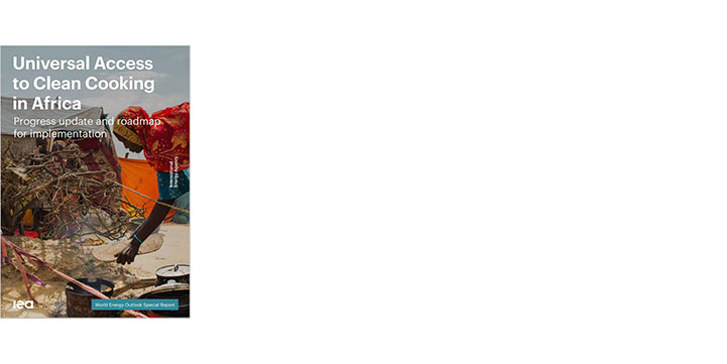Accelerating clean cooking investment can propel Africa towards full access by 2040

African countries can close one of the continent’s most harmful energy and development gaps in just 15 years if they replicate the progress seen in other developing economies, according to a new IEA report showing how universal access to clean cooking could be achieved across sub-Saharan Africa by 2040.
Today, four in five families across the continent still cook with polluting fuels like wood, charcoal or dung, often over open fires or basic stoves. These practices contribute to over 800 000 premature deaths each year due to household air pollution – mostly among women and children – and trap millions more in poverty with significant impacts on health, gender equality and economic opportunity.
The new report – Universal Access to Clean Cooking in Africa – features the first comprehensive mapping of clean cooking infrastructure across sub-Saharan Africa, combined with an assessment of the cost and accessibility of each cooking solution down to the square kilometre. This detail informs a country-by-country roadmap for how sub-Saharan Africa can replicate the most effective policies, financing models and business strategies seen elsewhere, while adapting them to local contexts.
The report also tracks the outcomes of the Summit on Clean Cooking in Africa – held in May 2024 in Paris by the IEA and its partners – which mobilised over $2.2 billion in public and private sector commitments. According to the report, more than $470 million of those commitments has already been disbursed. In parallel, 10 out of 12 African governments that took part in the Summit have enacted or implemented new clean cooking policies – and more than 70% of people in Africa without access to clean cooking now live in countries that strengthened their policy frameworks since 2024.
Read the press release
Read more on the website of the IEA